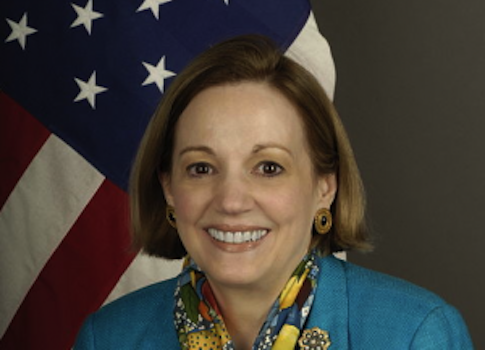President Abdel Fattah Al-Sisi has asserted that Egypt with its current population, needs a budget of $1trn to provide the required services and meet the needs of citizens.
It came during the inauguration of a new extension of the ammonia nitrate – urea plant in Kima, Aswan, in addition to the development project of Aswan Railway Station on Tuesday, as part of the “Upper Egypt Week”.
He said: “Egypt is now establishing a new state,” explaining that the state’s performance with citizens is reflected in everyone’s success.
Kima factory is one of the biggest industrial complexes in Upper Egypt and its production capacity amounts to 1,200 tonnes daily. The cost of Kima complex development is about EGP 11.6bn.
He stressed that the state has implemented a plan to develop Egypt’s railways and trains to provide better services for Egyptian citizen, not only for tourists.
The President directed to conduct regular maintenance of train facilities, stressing that he will inspect the railway facilities periodically.
He said that the people of Aswan had previously endured some forms of environmental pollution, and we promise them to implement real protection standards.
Al-Sisi added that modern irrigation systems reduce the percentage of fertilizer used by 40%, stressing that good management of factories that are not subject to nepotism is important to ensure the success of these projects.
Moreover, he pointed out that the performance system in factory management is not good, saying that experience of management in public business sector companies has proven its ineffectiveness over the past 40 years.
He stressed that the rights of workers will not be violated during the reform process taking place in the public business sector.
He pointed out that the state bears all the burdens for the reform that is being implemented in those companies.
Directing his speech to the citizens, the president said “I will not forget to tell you that while reforming the public business sector, we will preserve the workers’ rights.”
Meanwhile, Al-Sisi indicated that drip irrigation improves the quality of crops, and saves fertilizer and labor. He affirmed that the government pays a lot of money to support the farmer and can reformulate those funds to maximize the productivity of the agricultural area.
The Minister of Agriculture, El-Sayed Al-Qusair, said that the state took a series of measures to support farms after the increase of fertilizer prices through a short-term plan.
He reviewed the state’s efforts in the field of agriculture in Upper Egypt over the past seven years, including sustainable agricultural projects, horizontal expansion of agricultural lands, farmer support services, export support, livestock development and digital transformation.
He noted that 241 projects were opened at a cost of EGP 17bn,, benefiting 600,000 citizens, and 550,000 feddans were added to the arable lands.
Al-Qusayr affirmed that the ministry has taken a set of measures to increase fish production by releasing 225 million tilapia fish into the Nile.
Meanwhile, Transport Minister Kamel Al-Wazir said that the state, has transformed railways into safe, modern and advanced means of transportation that provide a dignified service to the Egyptian citizen, especially in Upper Egypt, to keep pace with the presidential initiative Decent Life. He stated that in the 2024 plan, Egypt will inaugurate new pairs of railways.
Al-Wazir, reviewed the development of the Egyptian railway, stressing that the Upper Egypt Week reflects the government’s concern for Upper Egypt and its people.
Furthermore, The Minister of Public Business Sector Hisham Tawfik confirmed that the President has provided all the necessary support to public business sector companies over the past years, stressing that Egypt has become the sixth largest producer and fifth largest exporter of urea in the world.
He said Egypt is witnessing the opening of two companies in two important sectors: fertilizers and spinning and weaving, both of which have strong backgrounds in agriculture, which are witnessing a renaissance of reclamation projects in the new delta, Toshka and East Owainat.

